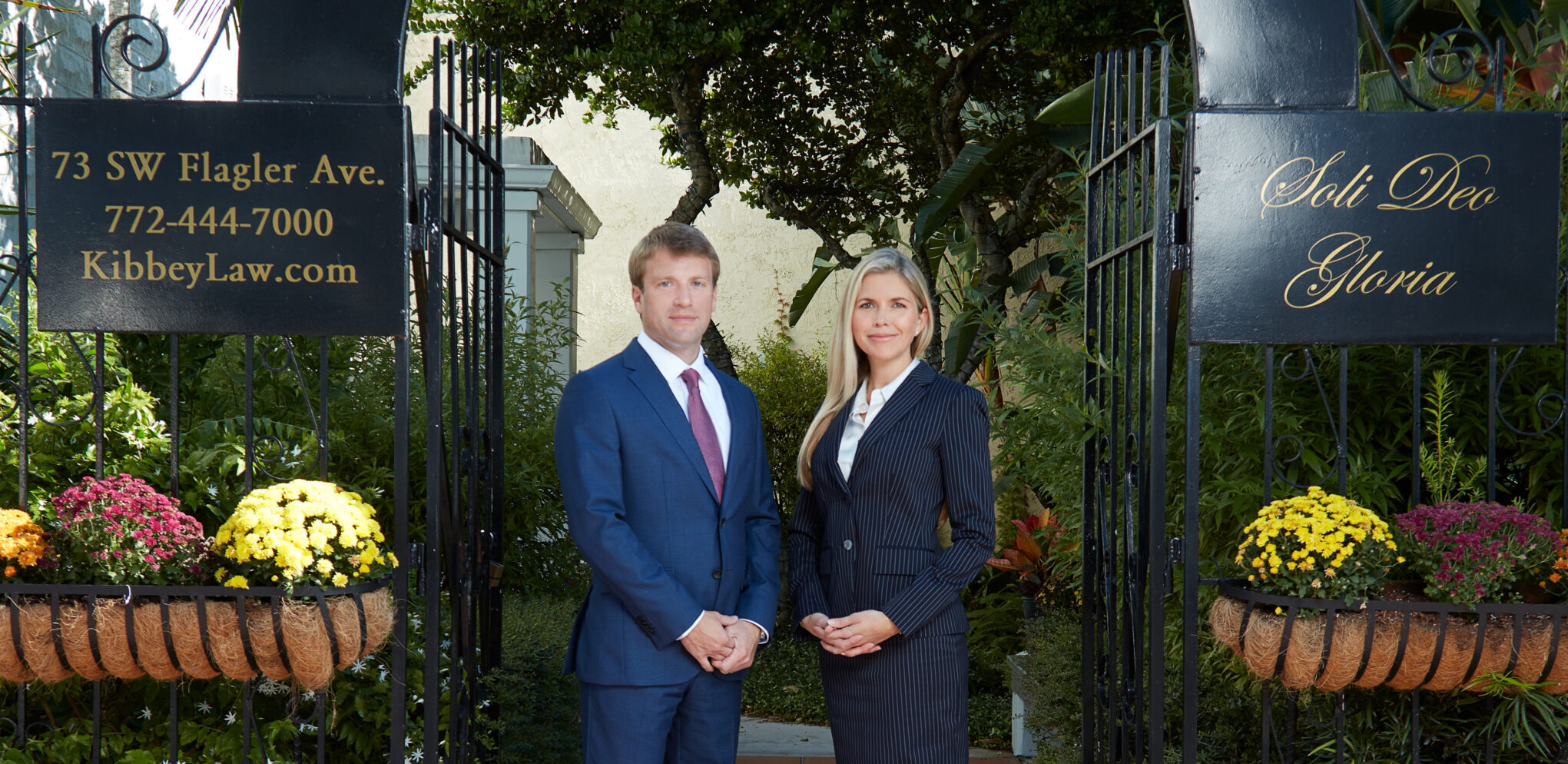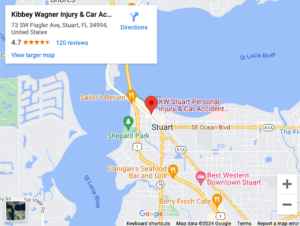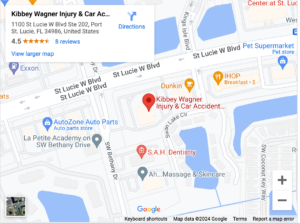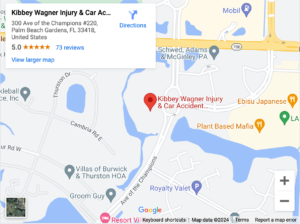
Florida law, as well as the law of every other state, recognizes three different types of property: personal property, real property, and intellectual property. If you suffered damage to any of these three types of property, you might be able to can file a claim to enforce your rights.
Personal injury law frequently concerns itself with the enforcement of rights in personal property and real property. Seldom do intellectual property rights (copyrights, patents, trademarks, and trade secrets) come into play.
How To Prove Liability for Property Damage

You prove liability for property damage in much the same way that you would prove liability for a personal injury. You must prove each of the below elements of property damage liability by a preponderance of the evidence, which is a “more likely than not” standard.
Wrongful Conduct
You must prove that the defendant either committed a wrongful act or that the defendant wrongfully failed to do something. You might prove, for example, that the defendant was driving too fast on icy roads.
“Wrongful conduct” doesn’t just refer to the negligent (careless) behavior described above. It can also refer to intentional misconduct, such as a “road rage” incident where the defendant intentionally caused a car accident. Misbehavior doesn’t have to be illegal to be wrongful.
Economic Losses
In a personal injury claim, you must prove bodily injury. In a property damage claim, you must prove — well, damage to your property. Following are some examples.
Damage to your personal property
This often means damage to your vehicle arising from a car accident. A car accident is not the only kind of accident that can justify a personal injury claim, however.
Damage to your real property
The term “real property” refers to land, building, and fixtures. A real property damage claim would arise, for example, if a car hit your house (an event that is more common than most people realize). You could also press a property damage claim if someone deliberately or carelessly set fire to your home.
Causation
No matter what the at-fault party did wrong, it won’t justify a property damage claim unless the at-fault party’s wrongdoing actually caused the property damage that you suffered. You must prove two different types of causation: cause in fact and proximate cause:
- Cause in fact: To prove cause in fact, you need only prove that your property would not have suffered damage if the at-fault party had not engaged in wrongful conduct. You might assert, for example, that if the at-fault party had been driving safely, the accident that totaled your car would never have occurred.
- Proximate cause: Proving cause in fact is not enough—you must also prove that the cause-and-effect relationship was direct enough that the at-fault party should have foreseen the likelihood of property damage. To revisit the car accident example, the defendant should have foreseen that driving too fast on ice roads would likely cause a car accident that would damage someone’s car.
Once you prove both cause in fact and proximate cause, you have established a link between wrongful conduct and property damage that should be enough to hold the at-fault party liable, either in court or at the settlement table.
Calculating the Economic Value of Your Claim
There are two alternative ways to calculate the economic value of your property damage claim:
- The replacement value of the property you lost: or
- The cost to restore your property to its pre-damaged condition (its repair value).
If your property was totaled (the cost to repair it exceeds the cost to replace it), you should seek the item’s full replacement value.
Evidence
Gather evidence to support your claim. Take photos of the damage, for example. Repair or replacement estimates from repair shops and receipts could all be included as well. If you temporarily lost the use of your car, you should also record any costs for car rental.
You might be eligible to request compensation for supplementary items you lost. In a car accident or a home fire, for example, this can include items such as clothing or technology.
Types of Damages
Generally, personal injury law allows you to claim three types of damages, which are called economic damages, noneconomic damages, and punitive damages. Typically, only economic damages are available for property damage claims. You might claim more than just property damage, however. If you missed work because of damage to your car, for example, you might also demand lost earnings.
Contact a Stuart Personal Injury Lawyer for Legal Advice
If you have a property damage claim that arose from a personal injury, consider hiring an experienced personal injury lawyer to handle both claims an experienced Stuart personal injury lawyer should be familiar with any type of property damage claim that frequently arises from a personal injury claim. Contact Kibbey Wagner Injury & Car Accident Lawyers at (772) 444-7000 to schedule a free consultation.




